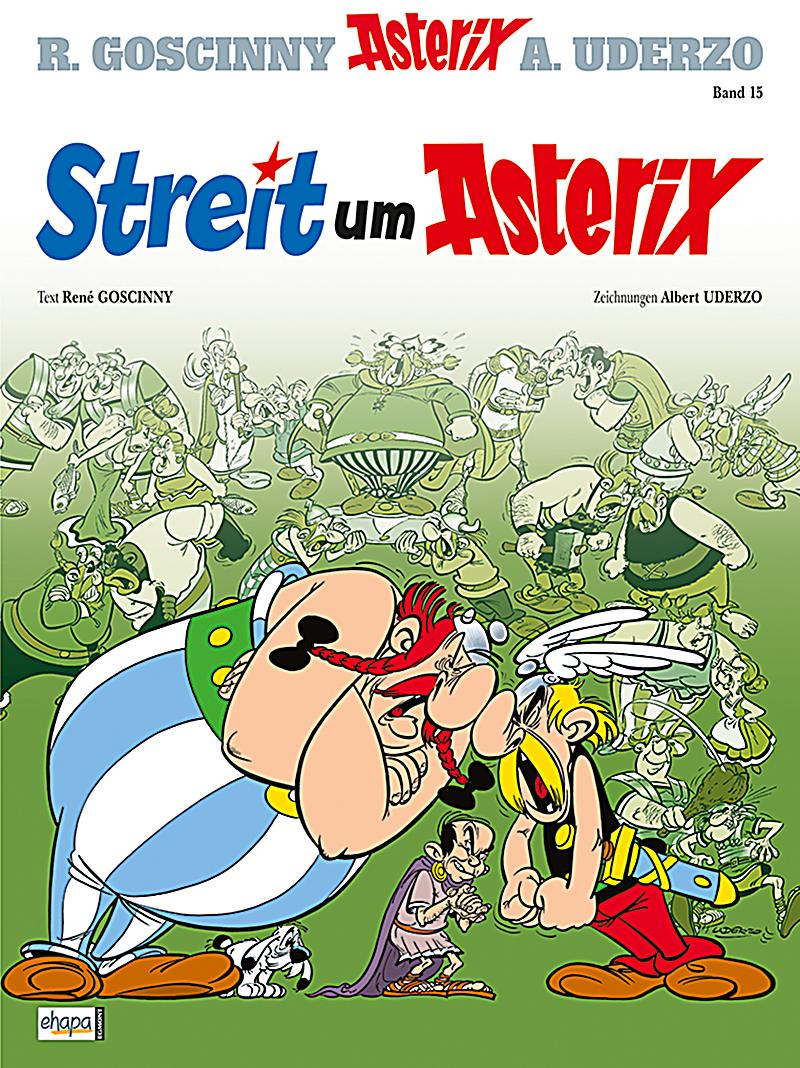I would assume it’s only used by staff and not by the people who do it. It means to leave the facility without authorization and also by extension to get away from a staff escort to an outside appointment -which usually means they “ran away” , although in the case of a dementia patient it might not be intentional. Like I said, you wouldn’t have heard this usage unless you had dealings with the types of institutions I mentioned.
I feel a bit bad for just shooting down some contributions, so I’ll contribute another Afrikaans term:
laatlammetjie Youngest child of a family, born to older parents and much younger than their siblings. (literally “late lamb”)
The same occured to me (infinitives pleuvoir / pleurer ; Lat. pluere/plorare). The ultimate (proto-Indo-European) roots are pretty close, perhaps definitely related.
As a noun, “sneaky troublemaker” is all I’m coming up with
That is why translating Asterix et la Zizanie into English was not easy, and the solution is less than satisfactory:
as was the German attempt:
but it works perfectly well in Spanish
laatlammetjie
The English term I’ve heard for that is “bonus baby” (although online dictionaries only list some meaning related to baseball bonuses).
I feel a bit bad for just shooting down some contributions, so I’ll contribute another Afrikaans term:
laatlammetjie Youngest child of a family, born to older parents and much younger than their siblings. (literally “late lamb”)
Hey, that’s me!
and I didn’t know a word for it.
A word that is super common in Norwegian and doesn’t exist in English is “Pålegg”. Lit. “on-lay” it can mean an order or requirement (that has been laid on you), or a raise (something added to your salary), but the meaning that doesn’t have an English equivalent is “something to put on bread (other than butter)”. Cheese, sliced meats, various spreads, it is all “pålegg”. I believe it comes down to a different attitude about the role bread plays at breakfast and lunch. In Norway you eat bread, and you eat that bread with something, in the UK and US it is very often the other way round, you’re eating a thing, and you’re eating it with bread. We heap meat or cheese on bread in Norway as well, on special occasions, but then we call it a “smørbrød” (buttered bread), whereas the everyday meal is a “brødskive” (bread slice).
I feel a bit bad for just shooting down some contributions, so I’ll contribute another Afrikaans term:
laatlammetjie Youngest child of a family, born to older parents and much younger than their siblings. (literally “late lamb”)
We have a word for it in German, Nesthäkchen, literally little nest hook.
A word that is super common in Norwegian and doesn’t exist in English is “Pålegg”. Lit. “on-lay” it can mean an order or requirement (that has been laid on you), or a raise (something added to your salary), but the meaning that doesn’t have an English equivalent is “something to put on bread (other than butter)”. Cheese, sliced meats, various spreads, it is all “pålegg”. I believe it comes down to a different attitude about the role bread plays at breakfast and lunch. In Norway you eat bread, and you eat that bread with something, in the UK and US it is very often the other way round, you’re eating a thing, and you’re eating it with bread. We heap meat or cheese on bread in Norway as well, on special occasions, but then we call it a “smørbrød” (buttered bread), whereas the everyday meal is a “brødskive” (bread slice).
Germany has the same tradition of putting things on buttered bread, and our word for it is Aufschnitt. But doesn’t cold cuts mean the same in English?
Neither pb&j nor tuna salad count as “cold cuts”, but yeah, that’s pretty close.
You don’t have to put cold cuts on bread, though. People often do; but you could also have them with a side of potato salad, or pasta, or whatever. Or even by themselves as a snack.
Germany has the same tradition of putting things on buttered bread, and our word for it is Aufschnitt. But doesn’t cold cuts mean the same in English?
Cold cut is, as has been mentioned, much more limited. I see that the German Wikipedia-article on Aufschnitt describes it as often being used as “Brotbelag”. I barely speak German, but my immediate impression is that that is a closer word, but perhaps it’s not in common use in the same way.
Ah, I see. You are right that Brotbelag is the universal word and means everything you can put on bread from honey to cheese, while Aufschnitt is a subset of Brotbelag and only means sliced meat, ham and sausages.
Does “finicky” have a direct translation in other languages?
Tiquismiquis in Spanish, etepetete or geziert in German. With the same negative connotations: someone who makes a fuss about irrelevant things and gets on other people’s nerves.
Aufschnitt is a subset of Brotbelag and only means sliced meat, ham and sausages.
I would have included cheese too, but I may be wrong. Be it as it may, I’m not letting you close this thread just like that ![]()



